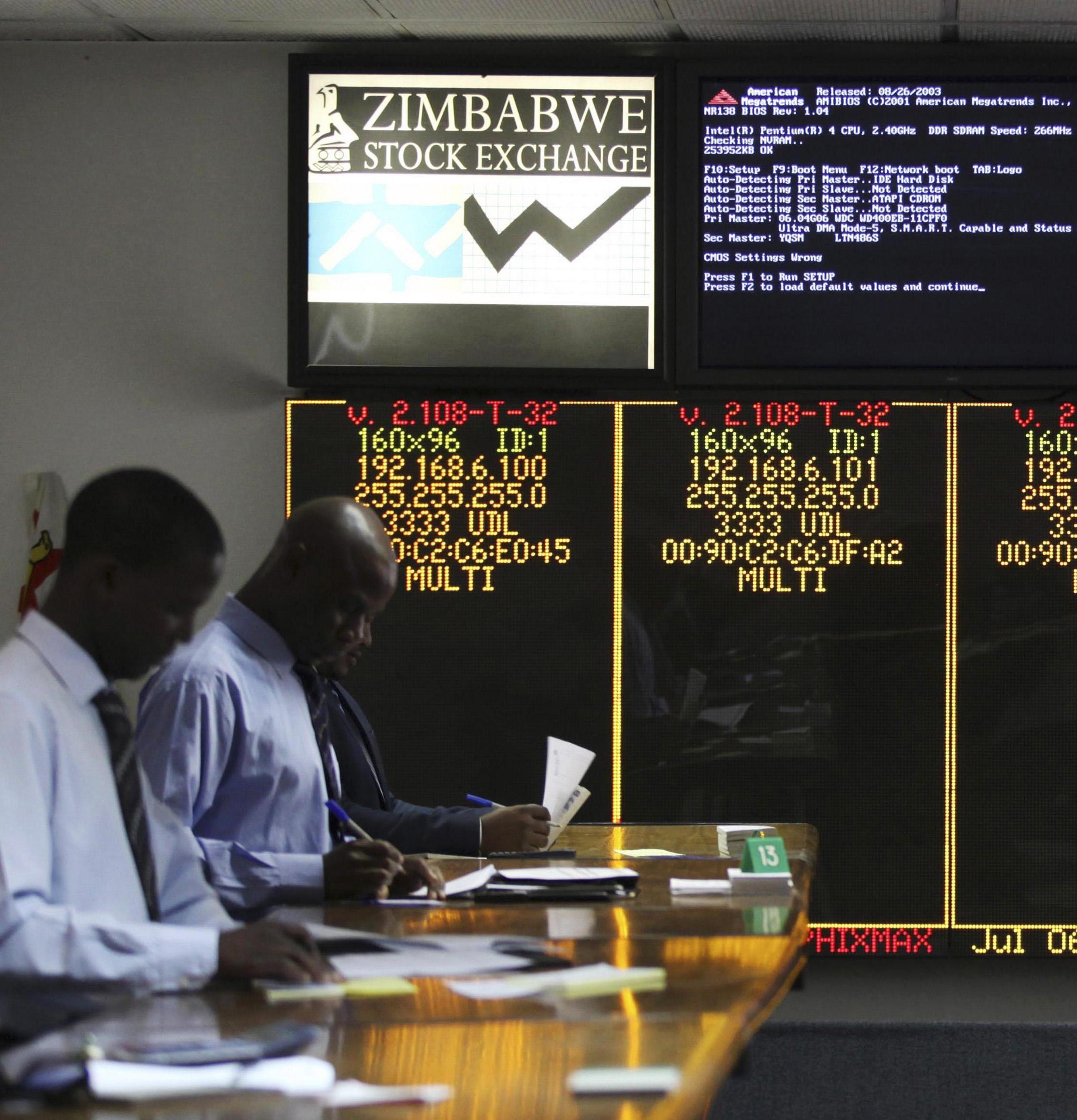A decade after write-offs, Africa sliding back into debt trap
With their economies floundering and currencies sinking, African states that have borrowed heavily in dollars may be slipping back into the debt trap - and ultimately default - only a decade after a far-reaching round of debt forgiveness. Some are looking to issue more Eurobonds to refinance existing foreign currency loans, but with U.S. interest rates set to rise soon, the inevitably higher borrowing costs will do little to alleviate pressure on creaking state budgets.
It’s a case of using one credit card to pay off another credit card. Ultimately, the only ways to get your debt levels down are to raise your income or cut your expenditure.
Carmen Altenkirch, an African sovereign debt analyst at Fitch.
Top of the list of ‘at risk’ countries, according to experts, is Ghana, the first African sovereign after South Africa to go to the international markets a decade ago. With growth slowing and a depressed outlook for commodity prices, balancing the books looks unlikely. Assessments by credit agencies do not suggest defaults are imminent, but the ratings trend is downwards and negative outlooks prevail. If it comes down to it, default and restructuring is likely to be messier than 2005 due to the presence of so many commercial investors in Africa’s debt mix, as opposed to the bilateral lending that prevailed before then.
The longer the commodity slump continues, the more countries will enter into crisis - and then you just can’t get out.
Tim Jones, an economist for the London-based Jubilee Debt Campaign, an anti-poverty group

Africa